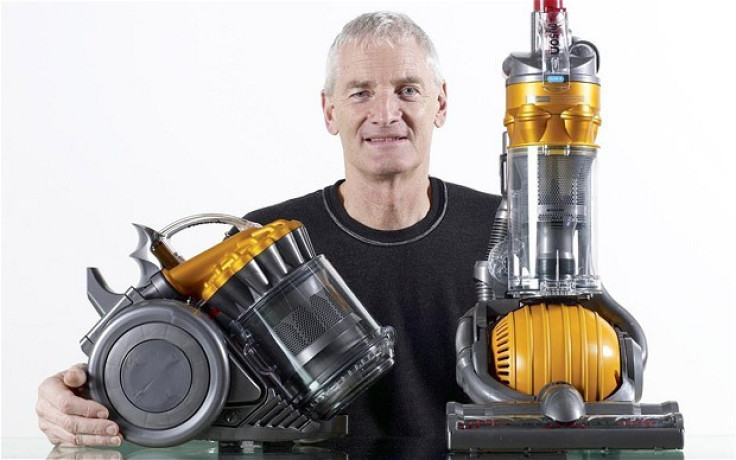Dyson Invests £5 Million to Create 'Intelligent Domestic Robots'

Sir James Dyson is investing £5 million to try and finally solve the problems of creating an intelligent robot vacuum, something he has been struggling with for the last 10 years.
Dyson will not settle for second best and that is the reason his company has not released a robotic vacuum cleaner despite nearly a decade of research and several other companies releasing such products during that time.
Speaking to the Guardian, Dyson is said to be unhappy with the current battery life on prototypes and their inability to accurately navigate around a typical house.
He has therefore decided to put even more resources into creating new robotic technologies which he hopes will be incorporated into the next generation of "intelligent domestic robots."
Overrun by robots
My generation believed the world would be overrun by robots by the year 2014
Dyson said: ". We now have the mechanical and electronic capabilities, but robots still lack understanding – seeing and thinking in the way we do. Mastering this will make our lives easier and lead to previously unthinkable technologies."
The £5m investment will be made in a joint robotics lab with Imperial College London. The research will focus on "vision systems" which they hope will lead to new robotic capabilities, "creating a generation of robots that understand the world around them – and can intelligently interact as it changes."
To help create this new generation of robots the lab will hire 15 scientists with additional space for Dyson research, software and electronics engineers.
Slam systems
Heading up the effort will be Professor Andrew Davison, who is currently Professor of Robot Vision at the Department of Computing. Davison has been working on robot vision since 2002 and said this aspect of robotics is key to allowing machines to understand their surroundings:
"A truly intelligent domestic robot needs to complete complex everyday tasks while adapting to a constantly changing environment. We will research and develop systems that allow machines to both understand and perceive their surroundings – using vision to achieve it."
Davison has previously carried out research into simultaneous localisation and mapping (SLAM) systems which allow a machine to create a 3D map of its environment using a single camera, which has previously been used to create a robot which can walk around a room independently.
Limited
The current robot vacuum market is dominated by the Roomba from iRobot but these devices are typically expensive, have limited use and don't sell in huge numbers.
Dyson has not revealed when he expects the research to bear fruit but the Imperial College London is already recruiting the 15 scientists to populate the new lab.
© Copyright IBTimes 2024. All rights reserved.






